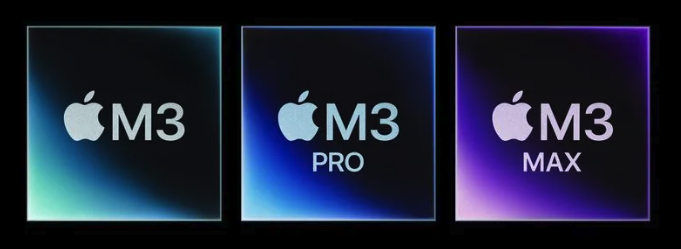How to Recognize and Avoid Common Scams
<!DOCTYPE html>
<html lang="en">
<head>
<meta charset="UTF-8">
<meta name="viewport" content="width=device-width, initial-scale=1.0">
<title>Stay Alert: Protect Yourself from Scams</title>
</head>
<body>
<h1>Stay Alert: Protect Yourself from Scams</h1>
<p>Scams can happen to anyone, but staying informed is your best defense. Here are some common scam scenarios and tips to help you safeguard your personal information and finances.</p>
<h2>“The job offer looked perfect for me.”</h2>
<h3>Employment Scams</h3>
<p>When you're searching for a job, you might come across fake job postings or be contacted by people pretending to be recruiters. These offers often promise easy money for minimal work. Common scams include package reshipping, mystery shopping, or online assistant roles.</p>
<h4>Tips to Stay Safe:</h4>
<ul>
<li>Check if the company or recruiter is legitimate by doing some research online.</li>
<li>Avoid jobs that ask for money upfront for applications or training.</li>
<li>Be careful if a job hires you without an interview or any personal contact.</li>
</ul>
<h2>"It seemed like a quick way to earn money."</h2>
<h3>Investment Scams</h3>
<p>Scammers might promise high returns with no risk, using convincing apps or websites that look real. Once you invest, they disappear with your money, leaving you with nothing.</p>
<p>Many young people have lost money by giving funds to someone who claims they can make millions through cryptocurrency investments. The scammer takes the money and vanishes, leaving the victim with nothing.</p>
<h4>Tips to Stay Safe:</h4>
<ul>
<li>Be wary of investments that require cryptocurrency or other less secure payment methods.</li>
<li>Always research before committing any money.</li>
<li>When something seems too good to be true, it almost never is.</li>
</ul>
<h2>“The message seemed to come from a trusted business.”</h2>
<h3>Impersonation Scams</h3>
<p>Scammers might pretend to be from a business, government agency, or vendor you work with, using fake emails or caller IDs. They often ask for urgent payments or changes in payment details, or request that you transfer money or handle checks.</p>
<h4>Tips to Stay Safe:</h4>
<ul>
<li>Verify the identity of the requester through official channels.</li>
<li>Be skeptical of urgent requests for money or personal information.</li>
<li>Confirm payment changes directly with the business, not through the contact information provided in the suspicious message.</li>
<li>When you get an email from a business you know, make sure the URL matches the business email. For example, an email from <em>[email protected]</em> is legitimate, but if it’s from <em>[email protected]</em>, it’s questionable.</li>
</ul>
<h2>Tips for Using Online Businesses</h2>
<p>When shopping or doing business online, such as on Leaseville.com, it's important to stay cautious and informed.</p>
<h4>Tips to Stay Safe:</h4>
<ul>
<li>Make sure the website uses secure payment methods and has a clear return policy.</li>
<li>Read reviews and testimonials from other customers to see if the business is reliable.</li>
<li>Contact customer support to clarify any doubts before making a purchase.</li>
</ul>
<p>By recognizing these scams and following these tips, you can protect yourself from fraud. Stay alert and keep your personal and financial information secure, especially when dealing with online businesses like Leaseville.com.</p>
</body>
</html>













Comments